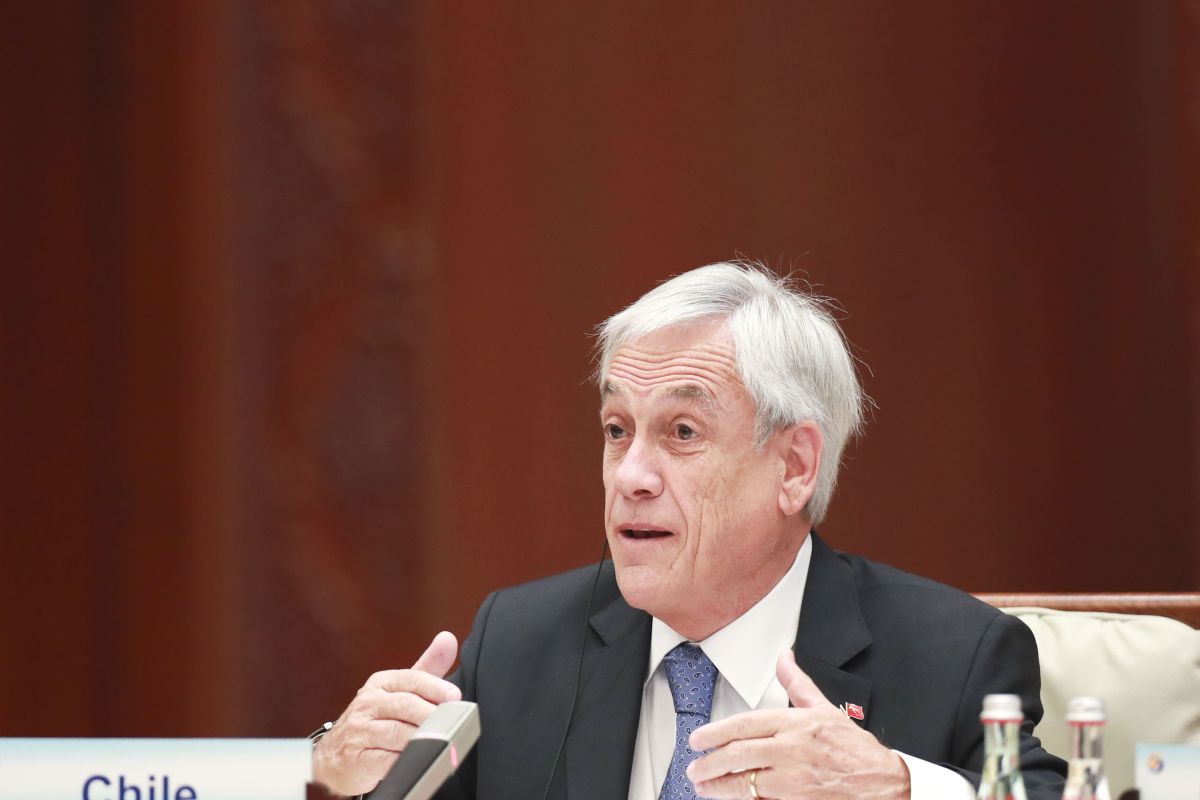Bijay Chhetri first Indian to sign with Latin American Colon Futbol Club
Colon Futbol Club is a 116-year-old professional football club based in Montevideo and currently competing in the second division of Uruguay.
The President called on lawmakers to work on passing a series of reforms aimed at meeting protesters’ demands, including raising the minimum wage.

Chilean President Sebastian Pinera (Photo: IANS)
Chile’s President Sebastian Pinera has called on Chileans to unite in favour of a “major agreement for democracy, against violence and for peace,” amid ongoing social unrest.
“The cooperation of all Chileans of goodwill will contribute to healing the wounds and allowing Chile to resume the road to democracy, progress, justice and peace,” Pinera said on Monday, after returning from vacation and meeting with his cabinet.
The President called on lawmakers to work on passing a series of reforms aimed at meeting protesters’ demands, including raising the minimum wage, Xinhua news agency reported.
Advertisement
Pinera’s administration has also introduced bills to strengthen law and order, as well as allow the deployment of troops to shield critical infrastructures, such as hospitals, airports, power stations and potable water plants, during protests.
Last year, in December, President Pinera announced the date of April 26, 2020, for a referendum on whether the country should draft a new constitution to replace the one imposed in 1980 by late dictator Augusto Pinochet.
Pinera had introduced a law that will allow the South American country to hold a referendum on April 26 to change its military dictatorship-era constitution.
Earlier, thousands of demonstrators gathered onto the street of capital Santiago to pressurize President Pinera into taking “serious steps” to reduce inequality in the country battling a social upheaval for the last 50 days.
The violent protests that started in mid-October prompting the government to declare a state of emergency and the deployment of soldiers in the provinces of Santiago and Chacabuco, as well as in the Metropolitan municipalities of Puente Alto and San Bernardo.
Clashes broke out between the protesters and the police in several parts of the city throughout the day and the subway was shut after attacks on several stations.
The crisis is the worst in three decades of Chilean democracy and led to around 2,000 injuries, including some 280 people who suffered eye damage from shotgun pellets.
The proximate cause for Chile’s largest protests since the end of the 1973-1990 Pinochet dictatorship was an increase in transit fares in Santiago, but the grievances quickly expanded to include low pay and pensions, student debt and poor health care, among other issues.
The movement, which brought 1.2 million people – more than 5 per cent of Chile’s population – into Santiago palace on October 25, has made adoption of a new constitution one of its signature demands.
(With inputs from agency)
Advertisement